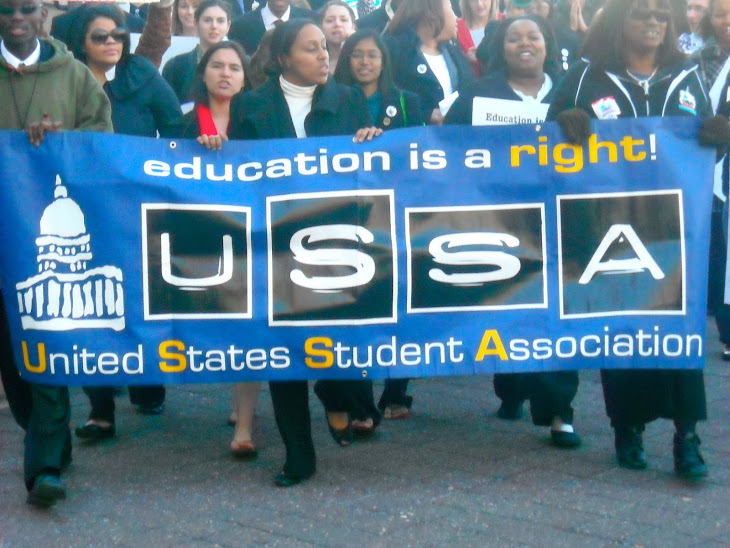What a difference a year makes. Leading up to the 2008 election, the youth vote was highlighted as the deciding bloc for a new America. This year however, media pundits and political insiders determined that youth were not going to be relevant in local elections, harping on it so much in the weeks preceding the election that it became a self-fulfilling prophecy.
Because youth weren’t supposed to be the deciding vote, candidates didn’t give young voters the same attention they did in 2008. In fact, many candidates and issue leaders barely even acknowledge youth voters in their campaigns. Hardly any candidate spoke about the historic student aid reform going through Congress, crippling state higher education budget cuts, or tuition hikes. In Virginia’s gubernatorial race, neither candidate spoke directly to youth or about youth issues during their respective campaigns until the eleventh hour. Yet youth were still expected to turnout in the same numbers that we did for President Obama, a candidate who made our generation a priority throughout his entire campaign.
Despite politicians’ disengagement with and the media’s skepticism of youth, students were incredibly active in the 2009 elections. In New Brunswick, New Jersey, the “Yes on Wards” campaign was developed and implemented largely by Rutgers’ University students. They successfully placed an initiative on the ballot to reform the city council to more accurately reflect the city’s population. Additionally, they registered hundreds of their peers to vote, educated the community on their issues, and ran a strong get-out-the-vote program. While media outlets were busy criticizing our apathy, students launched and directed a local campaign to reform city politics.
In Washington, voters were faced with a tax initiative that would link state spending to inflation and is widely seen as harmful to state services including higher education. To prevent this potentially catastrophic spending restriction, the Washington Student Association strongly opposed the initiative and organized to ensure its failure. In Oregon, students have registered almost five thousand voters since the academic year began in late September. Nationally, the United States Student Association (USSA) is hiring students for the 2010 election to empower their peers to run effective electoral campaign on campuses nationwide.
Youth are involved. Like any other demographic, we take action when candidates engage us and speak to our issues. We mobilize in large numbers when we believe our vote will make a difference. We are angry that big banks receive billions of dollars in government funds while we are graduating thousands of dollars in debt, if we graduate at all. We are tired of states balancing budgets on our backs. We are frustrated by the lack of movement on critical reforms in student aid, immigration, and healthcare. 2010 candidates should pay attention; youth voting didn’t begin with President Obama and it certainly didn’t end with his election.

No comments:
Post a Comment